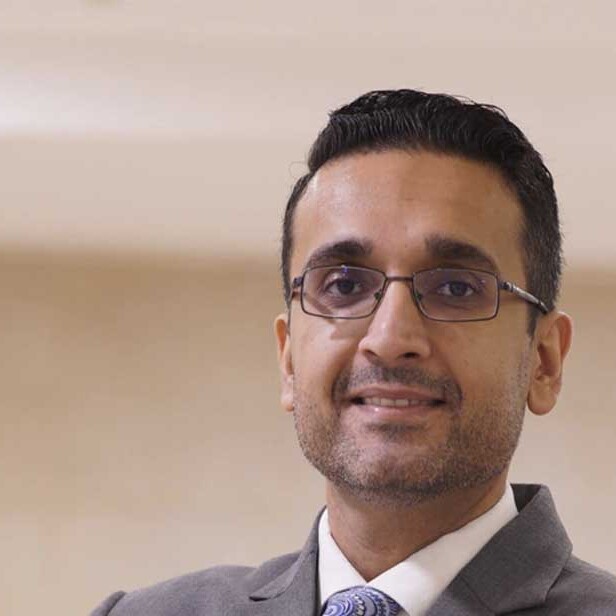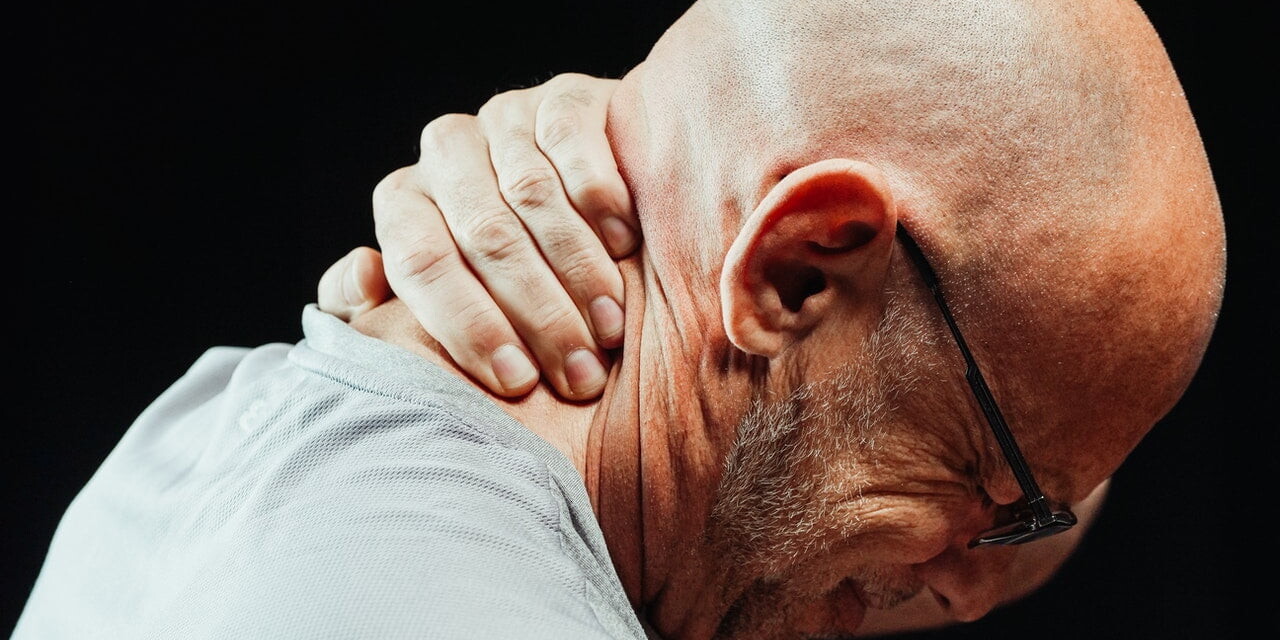
Dr Chandril Chugh
American Trained Best Neurologist in Delhi
MBBS ( Delhi), MD, DM(USA),Neurosonology (USA), FAHA(USA), FACP(USA), FINR(USA), FNCC (USA)
Dr. Chandril Chugh is a US-trained, board-certified neurologist specializing in the treatment of complex neurological disorders — including migraines, stroke recovery, tremors, memory issues, sleep disorders, and pediatric ADHD.
Why Dr Chandril Chugh?
World-class expertise with experience in both adult and pediatric neurology.
Treating the root cause — not just symptoms — through the powerful gut-brain connection.
Every patient is heard, understood, and treated with empathy and precision.
Accessible expert care, wherever you are — flexible, secure, and convenient.
Conditions Treated

Epilepsy
Epilepsy is a neurological disorder characterized by recurrent seizures. It can affect adults of any age and is often managed by neurologists specializing in seizure disorders.

Stroke
Stroke is a neurological emergency caused by interrupted blood flow to the brain. It commonly affects adults and requires immediate medical attention.

Migraine
Migraines in adults are intense, recurrent headaches often accompanied by symptoms like nausea, sensitivity to light, and visual disturbances.

Headache
Headaches are a common neurological complaint in adults, ranging from mild tension headaches to more severe forms like migraines or cluster headaches.

Backache
Backache is a common condition in adults, often caused by muscle strain, poor posture, or spinal issues. It can range from mild discomfort to chronic pain.

Neck Pain
Neck pain is a frequent issue in adults, often resulting from poor posture, muscle strain, or cervical spine problems. It can affect mobility and daily activities.

Spine and Disc problems
Spine and disc problems in adults can lead to chronic back or neck pain, often caused by herniated discs, degeneration, or spinal injuries. Early diagnosis is key to effective treatment.

Dementia
Dementia is a progressive neurological disorder in adults that affects memory, thinking, and behavior. It commonly occurs in older adults and requires long-term care.

Parkinson’s
Parkinson’s disease is a progressive neurological disorder in adults that affects movement, causing symptoms like tremors, stiffness, and slowed coordination.

Sleep issues
Sleep issues in adults can include insomnia, sleep apnea, or restless sleep, often affecting energy, mood, and overall health. Proper diagnosis is essential for effective treatment.

Anxiety
Anxiety is a common mental health condition in adults, characterized by excessive worry, restlessness, and physical symptoms like a rapid heartbeat or trouble sleeping.
Consult the Best Neurologist in Delhi – Dr. Chandril Chugh
Neurological problems can be subtle at first— but they shouldn’t be ignored Whether you’re dealing with frequent headaches, seizures, balance issues, or memory loss, consulting an expert early can make all the difference
Dr. Chandril Chugh , widely regarded as the best neurologist in Delhi , offers expert care for a wide range of neurological disorders. With over 16 years of international experience and U.S.-based training, Dr. Chugh combines modern treatment techniques with a compassionate, patient-first approach. He currently serves as Senior Consultant and Head of Interventional Neurology at Max Super Speciality Hospital, Saket
Why Choose Dr. Chandril Chugh?
- U.S.-Trained at Loyola University, Chicago
- American Board-Certified Neurologist
- Expert in both adult and pediatric neurology
- Specialist in interventional neurology and stroke care
- Known for accurate diagnosis and customized treatment plans
- Trusted by thousands of patients across India
If you’re looking for the best neurologist in Delhi —someone who listens, understands, and treats with care—Dr. Chandril Chugh is the name you can trust
When Should You Consult a Neurologist?
Many people dismiss neurological symptoms as minor, but that delay can lead to severe long-term consequences. You should consult a neurologist in Delhi if you experience:
- Recurrent or unexplained headaches
- Dizziness or frequent blackouts
- Seizures or convulsions
- Muscle weakness, tingling, or numbness
- Memory issues, brain fog, or confusion
- Vision, speech, or hearing problems
- Unusual body movements or coordination issues
These could be early signs of a neurological disorder. Seeking early care from the best neurologist in Delhi helps prevent complications and speeds up recovery
Can You See a Neurologist Online?
Absolutely. If you’re short on time or unable to visit a clinic, you can book an online consultation with Dr. Chandril Chugh . Whether it’s a second opinion or an urgent concern, you’ll receive expert guidance from the comfort of your home
Neurological Conditions Treated by Dr. Chugh
Dr. Chugh provides comprehensive diagnosis and treatment for:
- Stroke and transient ischemic attacks
- Epilepsy and seizure disorders
- Migraines and chronic headaches
- Parkinson’s disease and movement disorders
- Spine and disc conditions (e.g., slipped disc, back pain)
- Brain aneurysms and tumors
- Dementia and Alzheimer’s disease
- Sleep disorders and anxiety-related issues
- Pediatric neurological disorders
If you’re unsure about your symptoms, Dr. Chugh offers clarity, support, and actionable care plans for lasting results
What Are Common Symptoms of Neurological Disorders?
Neurological disorders can mimic other health issues. Here are some red flag symptoms to watch for:
- Loss of balance or coordination
- Burning or tingling sensations
- Fainting or blackouts
- Slurred speech or vision changes
- Memory loss or sudden confusion
- Difficulty swallowing or breathing
- Muscle stiffness, twitching, or paralysis
- Unexplained fatigue or sleep changes
If you or a loved one are experiencing any of the above, talk to a neurologist online or in person — it’s better to act early than wait too long
Can Children Have Neurological Disorders?
Yes, neurological conditions can affect children too. Common issues include:
- Epilepsy
- Developmental delays
- Attention and behavioral disorders
- Muscle weakness or movement problems
Dr. Chandril Chugh is also trained in pediatric neurology and provides age-appropriate care tailored to young patients. If you’re searching for the best pediatric neurologist in Delhi , you’re in safe hands with Dr. Chugh
What Causes Neurological Disorders?
Neurological issues can arise due to a variety of factors:
- Brain or spinal injuries
- Infections (e.g., meningitis, encephalitis)
- Autoimmune conditions (e.g., Guillain-Barré syndrome)
- Stroke or interrupted blood supply to the brain
- Genetic or congenital disorders
- Tumors or structural abnormalities
- Substance abuse (alcohol, tobacco, drugs)
- High levels of stress and poor lifestyle habits
Early diagnosis and targeted treatment from a skilled neurologist can prevent these issues from becoming life-threatening
Book a Consultation with the Best Neurologist in Delhi
Your nervous system controls everything from movement to memory. Don’t wait for symptoms to worsen. Whether you live in Delhi, Faridabad, Patna, Jaipur, or Gwalior, you can book an in-person or online consultation with Dr. Chandril Chugh and take charge of your health today
You don’t need to search for multiple specialists—Dr. Chugh is:
- The best stroke doctor in Delhi
- A top-rated brain and spine specialist
- The go-to neurologist for migraines, epilepsy, and sleep issues
Take Control of Your Brain Health Today
Whether you’re a patient or a caregiver , proactive care is always the best choice With expert medical attention, timely diagnosis, and the support of your loved ones, recovery becomes easier and more effective
Visit Dr. Chandril Chugh – the best neurologist in Delhi —and take the first step toward a safer, healthier future
Book an appointment now or schedule your online neurology consultation
